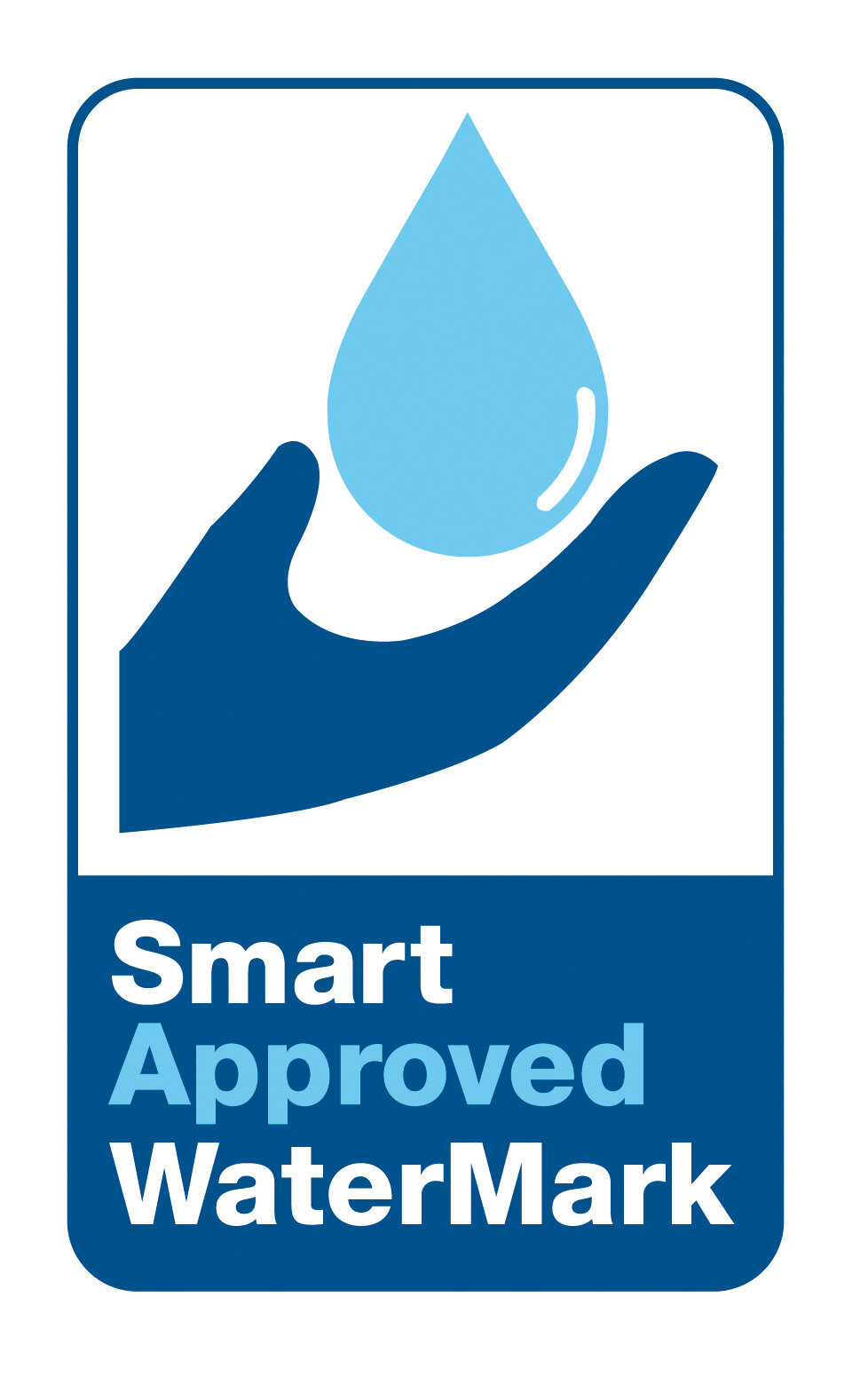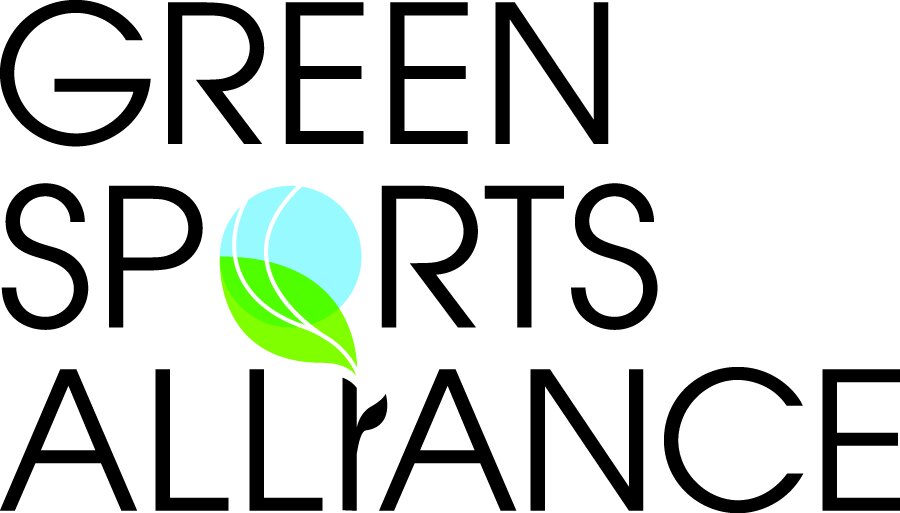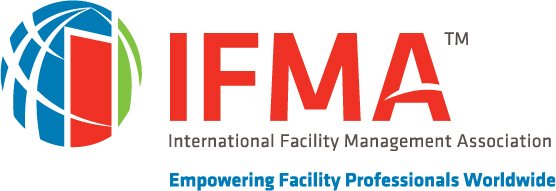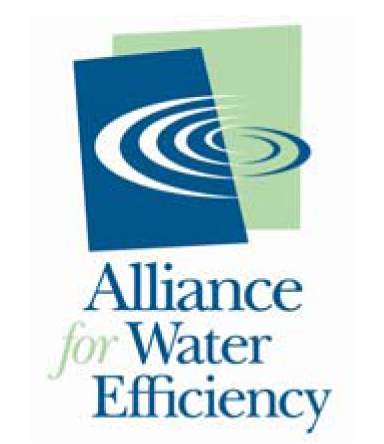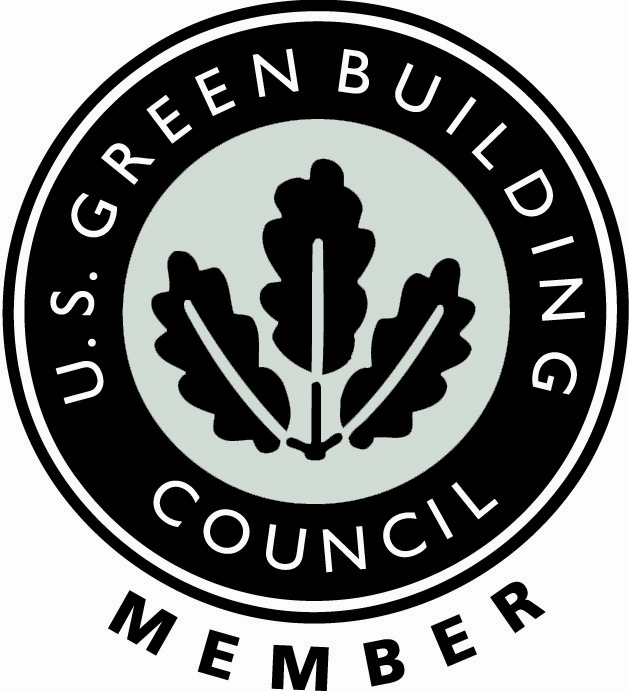Hotels are always looking for ways to reduce water consumption. One water-saving method that has become near standard concerns the daily washing of linens and towels
Use Grey Water Properly with These Six Rules
Laundry industry under pressure to reduce water use
Tips for Maintaining Green Hotel Spas
GLOBAL REPORT—Sustainability trends in the hospitality industry continue to be a hot button topic, especially when it comes to initiatives in hotel spas, sources said.
More and more people expect hotel spas to do their part in responsible sustainability, said Jane Turner, director of spa and leisure for FRHI Hotels & Resorts. She said efforts could start with the design of the spa’s building.
And while that comes with several challenges, spa directors in hotels across the globe shared how their properties are achieving environmentally-friendly operations.
Trying to save water? Go Waterless with No-Flush Urinals.
Challenges of maintaining a sustainable spa
Sources agreed that one of the biggest concerns in a hotel spa is water and energy conservation. Often times, many hotel spas lack the right equipment to measure water and energy consumption within the spa unit, said Jeffery Smith, director of sustainability for Six Senses Hotels Resorts Spas.
It’s essential that hotel spas measure those metrics, he said, since spa operations require a large amount of water usage.
To read more on this Article by Dana Miller on Hotel News Now website, click here.
Will “Day Zero” Happen in the US?
Vista, CA - Cape Town, South Africa is approaching Day Zero.
Day Zero is when there will be no water left for its four million citizens. All taps in homes and businesses will be turned off .
Why?
The city has essentially run out of water as a result of an unrelenting three-year drought, considered the worst in more than a century.
Unless a rainfall event happens soon or some system is developed to bring water to the city, Day Zero could be declared as early as March of this year.
Already, city officials are preparing for a public health disaster and social unrest.
However, even though Cape Town residents are well-aware of their dire situation, some citizens continue to use water foolishly, for instance washing their cars.
When this happens and police are called in, these people are fined, some arrested, and their buckets and sponges are confiscated as if they were illegal drugs.
Residents are allowed to use only 13 gallons of water per person, per day. In the U.S., we use on average 66 gallons of water per person, per day.
Many believe climate change is behind this. Countries near the North and South poles are feeling the impacts of climate change more than other parts of the world.
“Cape Town already has very strong environmental policies in place,” says Klaus Reichardt, CEO, and founder of Waterless CO manufacturers of waterless urinal systems. “They are also ahead of much of the world when it comes to effective water management.”
Will Day Zero happen in the US?
In fact, we almost did reach Day Zero when Northern California nearly ran out of water in the late 1970s. And in the late 2000s, Atlanta only had about a three-month supply of water left, also due to a severe drought.
To prevent Day Zero from occurring here, Reichardt says, “We need to take steps now to improve water management, rebuild water infrastructure, and install more devices that use little or no water.”








